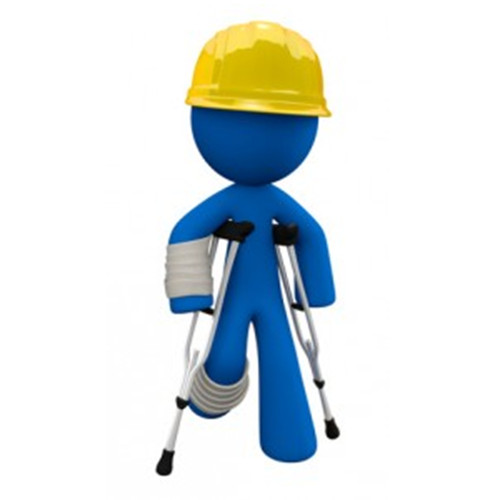Hypotheticals by Manny Wood. Published in the Coffs Coast Advocate on 16 June 2018.
 Peter, a railway worker, injured his knee when alighting from a train in 1999 and as a result, underwent a total meniscectomy of his left knee.
Peter, a railway worker, injured his knee when alighting from a train in 1999 and as a result, underwent a total meniscectomy of his left knee.
Peter made a workers compensation claim and began receiving weekly payments.
Over the years, Peter’s knee deteriorated significantly and in 2016 at the age of 66, Peter was advised that he required a total knee replacement.
His whole person impairment (WPI) was assessed at 10%.
Peter made a claim with the workers compensation insurer to pay the costs of the procedure.
Unfortunately, Peter’s application for payment was rejected.
Peter seeks legal advice and makes an application to the workers compensation commission (WCC).
Due to Peter’s age when he makes his claim in the WCC, he is not able to re-open his claim for weekly benefits and had not received weekly payments for many years.
The workers compensation insurer argues that because Peter’s impairment is less than 11% WPI, legislative time limits now prevent Peter from receiving compensation for medical treatment.
Peter’s solicitor reminds the commission arbitrator that although Peter may not be eligible to obtain compensation for medical treatment, he is entitled to payments for an artificial aid for the remainder of his life.
The solicitor argues that a knee replacement is not strictly “medical treatment” and should in fact be viewed as an “artificial aid”.
The solicitor discovers that the definition of an artificial aid was ruled, in a 1979 case, to include a knee replacement and submits that the arbitrator should follow this case law authority.
The arbitrator ultimately rules in Peter’s favour and orders that the workers compensation insurer is responsible for the cost of the proposed surgery on the basis that it is an artificial aid.
If you would like Manny to address a particular legal issue, send your request to manny.wood@ticliblaxland.com.au or call him on (02) 6648 7487.





